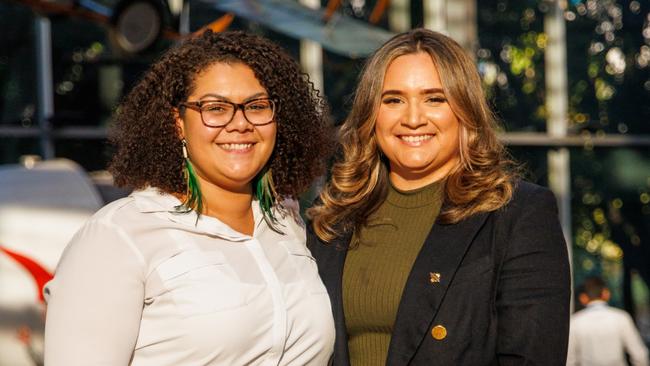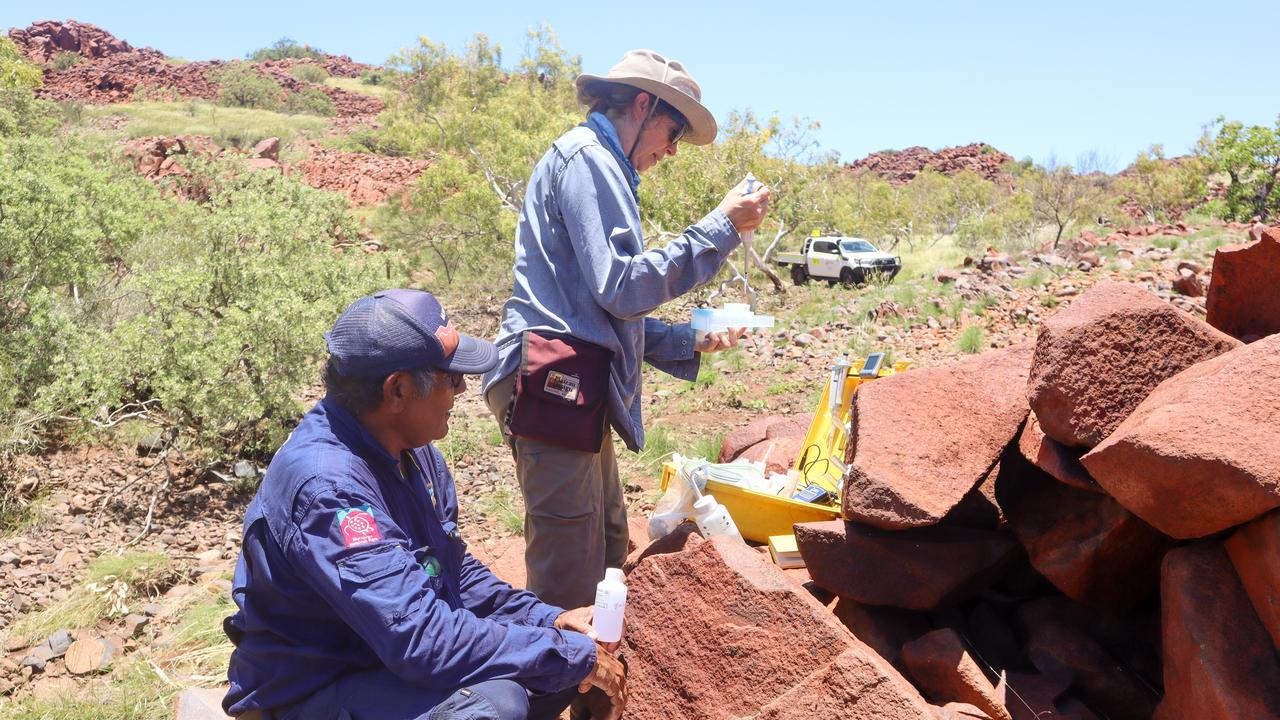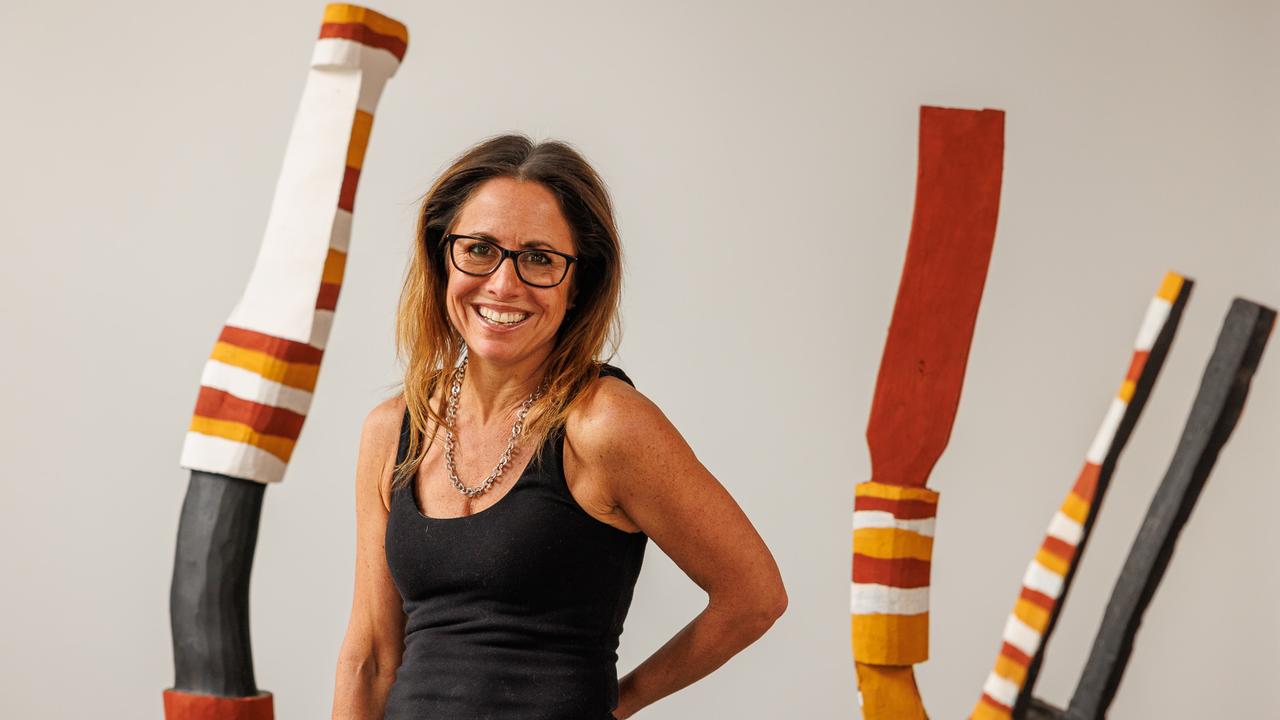Young Indigenous leaders make their voice heard
A new generation of Indigenous leadership is working towards another referendum on constitutional recognition, saying it has hope that young Australians will make it happen in their lifetime.

A new generation of Indigenous leadership is working towards another referendum on constitutional recognition, saying it has hope that young Australians will make it happen in their lifetime.
On the eighth anniversary of the Uluru Statement from the Heart asking Australians to amend the Constitution to recognise Indigenous Australians with a voice – and 19 months since Australians said no – young Indigenous leaders Allira Davis and Bridget Cama say momentum is building towards another vote.
The Uluru Youth co-chairs say their research and consultations since the voice defeat show the request was not well understood.
Ms Davis and Ms Cama say they now have the advantage of being able to tell the story of the Uluru statement without the pressure of a looming referendum and an intense No campaign.
“We get people coming up to us and saying: ‘You know I voted No but I really wanted to vote Yes,’ ” Ms Davis said. “Australians don’t want that status quo in Indigenous affairs. They want change and they want big change.”
Working with the Uluru Dialogue co-chaired by Megan Davis and Pat Anderson, Uluru Youth aims to win the support of a further 10 to 15 per cent of voters.
“It was a 60-40 vote (that defeated the voice). We just need that 10 to 15 per cent to walk with us as well,” Allira Davis said.
“We believe that we can get there and I think the Australian people want to see change. We definitely want to see some sort of structural reform in place to help our people do the best they can in our communities.”
The youth movement is not advocating for a specific question at another referendum. Instead, Uluru Youth is laying the groundwork including with civics education projects it believes will make voters less vulnerable to misinformation when the time comes for another referendum.
Ms Cama said some voters told them they voted No to the voice because they did not want race inserted into the Australian Constitution, seemingly unaware that race was already there under the race power allowing parliament to make laws about “the people of any race for whom it is deemed necessary to make special laws”.
“Referendums are really once-in-a-generation things that happen in this country, but when you look to other countries referendums happen all the time and they’re really frequent,” Ms Cama said. “But as young people, I think we’d love to see more referendums happen more frequently, and our Constitution is built to change.
“There are mechanisms in place that allow it to change like a referendum and so hopefully in our lifetime we will see another referendum. That’s something that would address the first call to action in the Uluru Statement.”




To join the conversation, please log in. Don't have an account? Register
Join the conversation, you are commenting as Logout